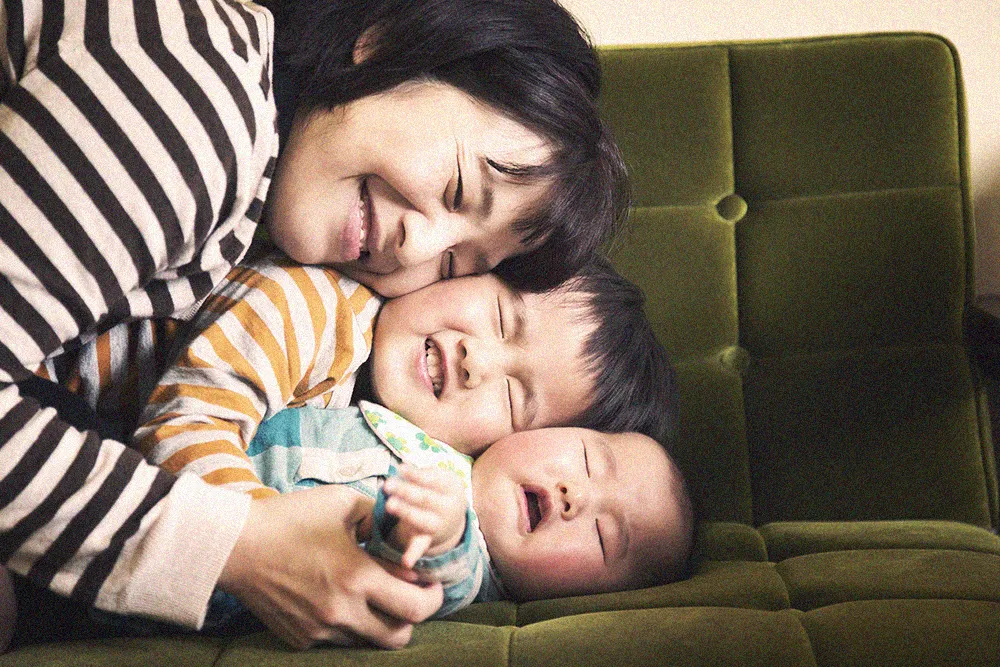
Should parents save children’s cord blood?
Once-in-a-lifetime Opportunity
Precious Gift of Children
Cord blood is rich of Hematopoietic Stem Cells
A lifelong guard insurance for children himself and family
What is Cord Blood?
Cord Blood is the blood collected from placenta, it is left over in the placenta and in the umbilical cord after the birth of the baby. In the past, cord blood is disposed along with the placenta as clinical waste. Thanks to the advancement of medical science and biotechnology, the medical value of cord blood is unveiled.
Cord blood is rich of Hematopoietic Stem Cells (HSCs) which can differentiate into blood and immune system cells and have significant medical value. Up to 113 diseases such as cancers, blood-related, immunity and metabolic diseases can be treated by cord blood5. The future application of cord blood will be in line with the advancement of regenerative medicine.
Most Asked Questions by Parents Related to Cord Blood Banking
Until today, up to 113 diseases had been treated with cord blood transplants5. They could be divided into 7 categories, namely: Leukemia, Lymphomas, other Disorders of Blood Cell Proliferation, Inherited Disorders of Immune System, Inherited Metabolic Disorders, other Cancers and others.
Cord blood and umbilical blood contain two different stem cells which are widely adopted in different medical aspects. Cord blood is a rich source of HSCs which can create the blood and immune cells. Cancers, blood-related, immunity and metabolic diseases can be treated by cord blood. Umbilical cord is a rich source of MSCs which can create structural and connective tissues. Apart from minimizing GvHD in directed and unrelated allogeneic cord blood transplants, MSCs can potentially apply to chronic illnesses treatment, regenerative medicines as well as organ and tissue engineering5,6. Since cord blood and umbilical cord are rich sources of different types of stem cells, they may help to repair the body in different ways.
Entrusted by most parents in Hong Kong1, HealthBaby has a very comprehensive service coverage. Apart from the traditional liquid nitrogen storage plan, HealthBaby also pioneered to provide the advanced BioArchive® System. All storage plan of HealthBaby adopts the expensive liquid nitrogen as storage medium to provide the most stable tempertature for stem cell viability, providing the most quality umbilical cord and cord blood storage service.
To cater for different needs of clients, HealthBaby's cord blood and umbilical cord storage plan have very flexible and comprehensive service plan. Regarding cord blood plan, clients could select the storage plan base on the storage and processing system needs.
The umbilical cord and cord blood service fee already includes registration fee, processing fee and 18 years storage fee, no any additional charge during the contracted year. Extra discounted would be provided for registering both umbilical cord and cord blood storage plan. HealthBaby existing customers and other cord blood bank customers could also enjoy special offers. Please contact us for deatils and any enquiries.
For more details of cord blood service plan please refer to Service Plan.
More Questions?
Contact us through any method below:
Hotline: (+852)3188-8899 / (+853)2878-6717
WhatsApp: (+852)9660-8271 or Click Here
WeChat Official Account: HealthBaby 生寶臍帶血庫
Online: Click here to submit the enquiry online
Email: enquiry@healthbaby.hk



